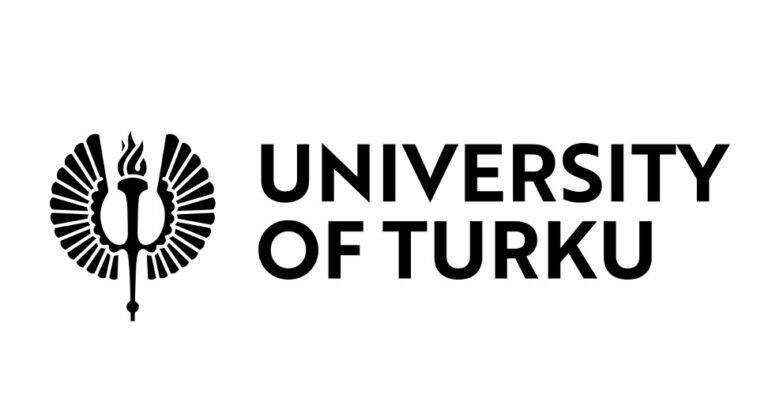Overview
This PhD presents an exciting opportunity to explore new mechanisms which can impact radionuclide movement in the environment. This PhD will examine how nanoparticles can be trapped inside growing minerals, thus stopping the movement of nanoparticle based radionuclides. You will join a dynamic and friendly team of researchers and PhD students across the university and industry sectors, working to innovate new knowledge and technologies.
Eligibility
The PhD would suit someone from a wide range of backgrounds, including, but not limited to, chemistry, earth sciences, environmental sciences, biological sciences, physics, civil or chemical engineering.
Project Details
This PhD presents an exciting opportunity to explore new mechanisms which can help clean up radionuclide contaminants in the environment. You will join a dynamic and friendly team of researchers and PhD students across the university and industry sectors, working to innovate new knowledge and technologies.
Background
Radionuclides can occur in the form of tiny particles called nanoparticles. These nanoparticles have unique properties which can mean they need specialist approaches to help stop their movement through the environment. From our work so far, we know that nanoparticles can become trapped inside growing minerals by a process known as occlusion, which occurs when the growing mineral surface engulfs the nanoparticle. Excitingly, if we could use this approach to trap radionuclide nanoparticles, this could reduce their transport in the environment. This process, however, has yet to be demonstrated on radionuclide nanoparticles and has not been explored in systems relevant for geological disposal of nuclear waste, nuclear decommissioning and clean-up. This technology has potential both as an important natural, and engineered process. In this PhD you will explore how a range of growing minerals can engulf and trap relevant nanoparticles. You will explore trapping minerals that can be precipitated by bacteria (biotechnology) and those which precipitate abiotically.
Training and support
During this PhD you will gain valuable skills and knowledge across chemistry, microbiology and environmental science. Developing both your understanding and laboratory expertise in these fields. You will utilize our department’s state-of-the-art £6M civil and environmental engineering research laboratories, which houses a wide range of innovative analytical and testing equipment. In addition to our department’s facilities, Strathclyde houses a wide range of other innovative research facilities such as the Advanced Materials Research Laboratory and CMAC, providing you with the opportunity to access a very diverse array of cutting-edge equipment.
The Department of Civil Engineering, University of Strathclyde, is a dynamic, multidisciplinary environment known for its friendly and supportive research culture. You will join a welcoming cohort of fellow PhD students in our department, who have a wide range of backgrounds across engineering and science. Our supportive culture is reflected in our award of Athena Swan Gold Status (one of only a few engineering units in the UK to hold this award), recognizing our work on gender equality and supporting all staff and students.
Professional and personal development is an important part of the postgraduate researcher journey here at Strathclyde. During the PhD you will gain invaluable additional training and development through tailor-made Professional Development programs, developing skills to help you meet your future career aspirations. The skills you develop will support career progression in a wide range of flourishing sectors, including environmental and nuclear.
The PhD would suit someone from a wide range of backgrounds, including, but not limited to, chemistry, earth sciences, environmental sciences, biological sciences, physics, civil or chemical engineering.
This PhD is supervised by Prof Vernon Phoenix.
If you are interested in applying for this PhD, please contact vernon.phoenix@strath.ac.uk
This project is part of the Saturn_Nuclear_CDT
Example paper
Skuce RL., Tobler DJ., MacLaren I, Lee MR., Phoenix VR. (2017) Immobilisation of nanoparticles by occlusion into microbial calcite, Chemical Geology Vol 453, pp. 72-79
The EPSRC funded Studentship will cover full tuition fees at the Home student rate and a stipend for 4 years, starting at the UKRI minimum of £19,237 pa. for 2024-2025. The Studentship also comes with access to additional funding in the form of a research training support grant which is available to fund conference attendance, experimental work, fieldwork and internships.
Apply
Number of places: 1
To read how we process personal data, applicants can review our ‘Privacy Notice for Student Applicants and Potential Applicants’ on our Privacy notices’ web page.

